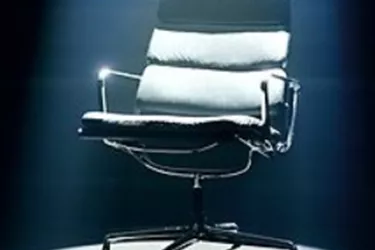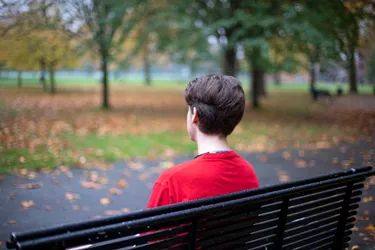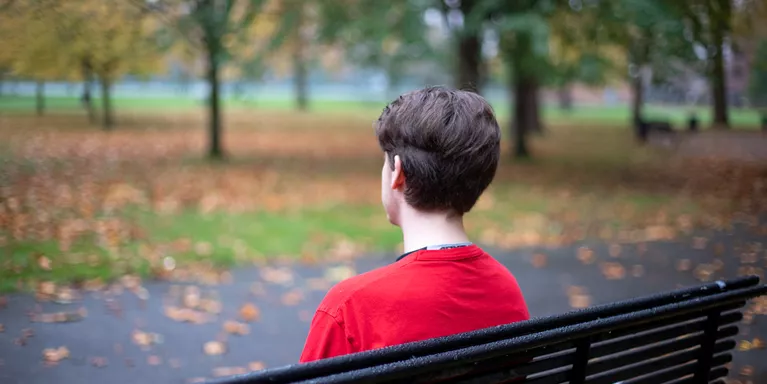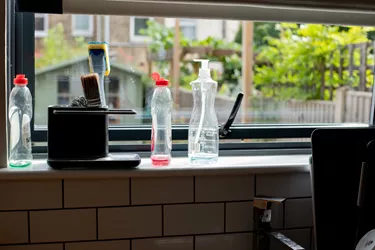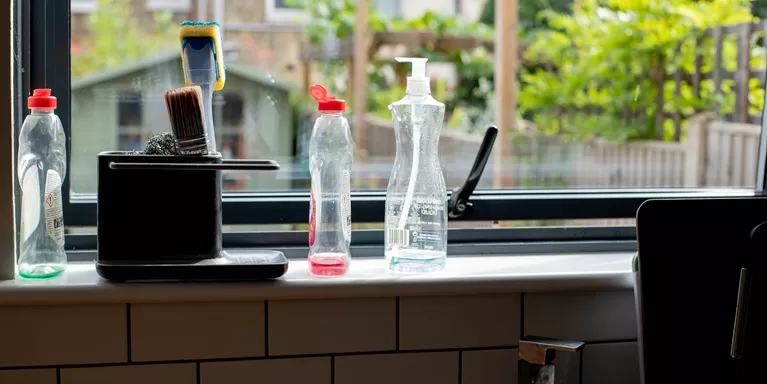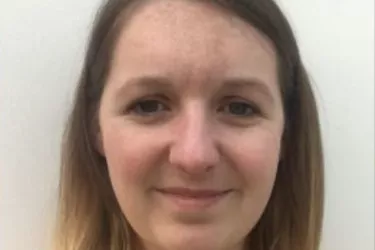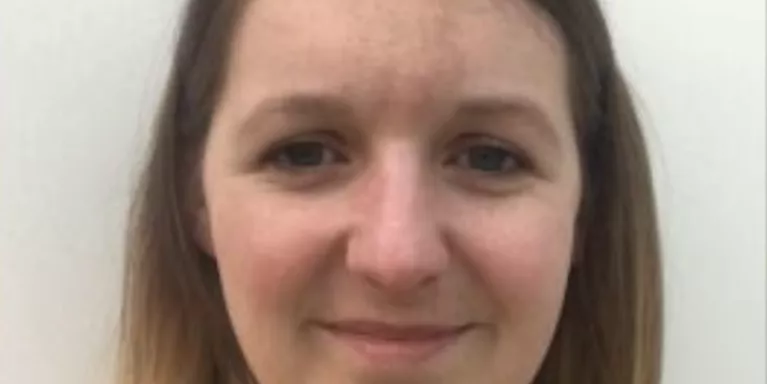Overcoming OCD as a teenager
Shaun blogs about how he developed OCD as a teenager and how he became free of the thoughts and rituals.
When you're growing up, and learning about the world around you, no matter what background you come from, the last thing you expect to be keeping you up at night is an overwhelming, unexplainable, intangible fear. This seems to be the case for far too many young men and women, but it doesn't have to stay that way for anyone.
I was 15 when my Obsessive Compulsive Disorder (OCD) first manifested itself. I've always had quite a fortunate, easy life and I always noticed people around me with less good fortune. A close friend of mine had a mother who was terminally ill, and it was absolutely horrible for them to go through. As is the nature of her diagnosis, there was nothing I or anyone else could do. I really wanted to help. I was very, very worried about my friend, and his family (just for clarification they have coped with it fantastically).
I started to pray. This made little sense to me, as I wasn't remotely religious, but it gave me some comfort that I was at least doing something. This was the beginning of the slippery slope. One thing that is very important to mention is that I told my parents I was doing this within the first couple of weeks - I think they knew I wanted to help, and like me, didn't realise quite what I was doing.
Each day, I'd pray, and each day nothing worse happened to my friend's mother. And so a pattern began to develop. I started to pray more and more. Twice, three times a day within a couple of weeks. And it wasn't just about this family anymore, it was about everything that troubled me in the world. Naturally it began locally, people I saw unfairly treated in school, but eventually my capacity to worry led me to worrying about things completely outside of my control. I would pray for all of it, to make sure nothing bad happened.
I had also developed other forms of compulsive behaviour. Other rituals. Dozens of them. I'd perform all of these on a daily basis, sometimes hourly, trying to make sure that I was doing everything in the world that I could to help those in a less advantaged position than myself.
As if trying to prove my dedication to someone, or something, I made the execution of these rituals and prayers nigh on impossible with criteria and order that had to be executed perfectly. If I failed, I had to start again. Over about six months, the illness began to completely take over my day-to-day functioning. One of the biggest changes for me was a new sense of logic, things which were highly unlikely to happen became definite possibilities if I didn't act out all of my rituals.
Solutions
My father pointed out to me that I had to think of the illness not as myself, or my own mind - it was a virus. We don't blame ourselves when a virus comes into our body and knocks us down for a few days, we go to the doctors. But when it's in our heads, our most sacred place, we blame ourselves. We end up fighting ourselves, and that's what make mental illnesses so difficult to deal with, the perfect villain. You have to try to separate yourself from the illness. It's not fair to allow it to control you.
My parents were invaluably helpful - they tried their best to stop the illness from getting worse, but there was only so much anyone non-professional could do. They advised we try some counselling with the NHS. I flat out refused, I didn't want to publically admit I had a huge problem. But I wasn't getting any better.
One day, I prayed, at full concentration for 45 minutes straight. I was exhausted by the end of it. I walked up the stairs to my parents’ room crying and told my mum to book an appointment as soon as possible. As I learned over the next few months, going to the NHS was not public, it was highly discreet. I started a course of Cognitive behavioural therapy (CBT) with a trainee counsellor, and 17 months after it had all started, four months after I had agreed to go to the NHS, I was free of the automatic negative thoughts, all of the rituals. I have been ever since.
I'm now in my second year at University, studying Film and Television Production, and hoping to one day show, through filmmaking, that mental illnesses are beatable, and have to be treated with the same respect and gravitas as physical illnesses.
It is not easy. OCD is the hardest thing I have ever had to deal with. But with the right help, I believe anything is possible. Please don't hesitate to seek help, wherever from. And for those who see others suffering, please try, without forcing, to encourage seeking extra help. The NHS has made such a difference for me and many others I've met. It feels like a huge leap to book that initial GP appointment, and it is, but it's achievable. Seek extra advice. Go to the doctors. Talk it through.
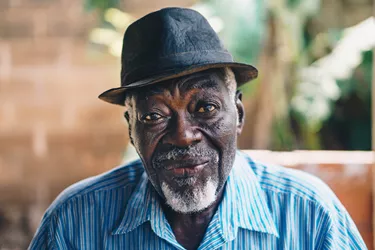

Information and support
When you’re living with a mental health problem, or supporting someone who is, having access to the right information - about a condition, treatment options, or practical issues - is vital. Visit our information pages to find out more.
Share your story with others
Blogs and stories can show that people with mental health problems are cared about, understood and listened to. We can use it to challenge the status quo and change attitudes.










